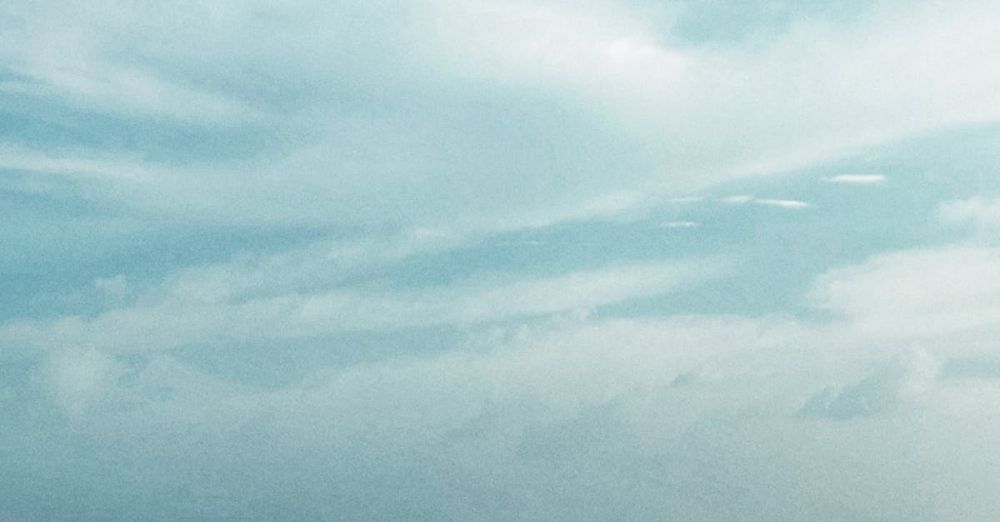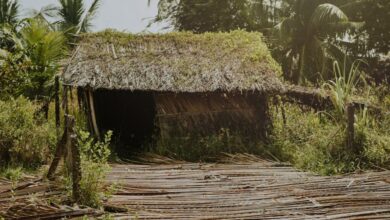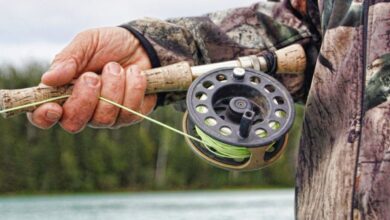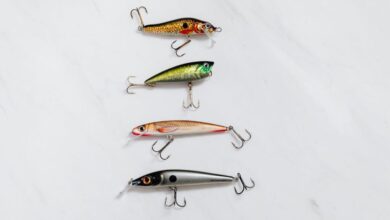How Do You Find Remote Fishing Locations
For many anglers, the thrill of fishing isn’t just about the catch; it’s about the experience of being in nature, away from the hustle and bustle of everyday life. Remote fishing locations offer a unique opportunity to connect with the outdoors, find tranquility, and often, reel in the big one. The challenge lies in locating these hidden gems. Here’s how you can discover those elusive fishing spots.
Explore Online Resources
The digital age has transformed the way anglers gather information. Numerous websites and forums cater specifically to fishing enthusiasts, sharing tips, maps, and reports on various locations. Websites like Fishbrain and FishingBooker allow users to connect with local anglers who can provide insights into less-traveled spots. Additionally, social media platforms such as Instagram and Facebook often feature fishing groups where members share their favorite hidden locations. A simple search can lead you to a treasure trove of information, often from passionate anglers who are more than willing to share their secrets.
Utilize Fishing Apps
Mobile applications tailored for fishing enthusiasts can be invaluable tools in your quest for remote locations. Apps like Navionics offer detailed maps and lake charts, helping you to identify less-explored waters. Other apps, such as Fishidy, provide detailed information on fishing reports, forecasts, and even the best times to fish specific areas. By leveraging these apps, you can navigate to remote locations with ease, ensuring that you’re not only finding spots off the beaten path but also maximizing your chances of a successful outing.
Engage with Local Fishing Communities
One of the most effective ways to discover remote fishing locations is to tap into local knowledge. Engaging with nearby anglers can yield a wealth of information. Visiting local bait shops or fishing supply stores is a great way to meet seasoned fishermen who can share insights about lesser-known spots. Joining local fishing clubs or participating in community events can also open doors to exclusive fishing locations. These communities often have a strong bond and a willingness to share their hidden treasures with newcomers.
Research Geographic Features
Understanding the geographical features of an area can guide you to potential fishing hotspots. Look for bodies of water that are less accessible, such as remote lakes, rivers, or streams. Topographical maps can help you identify locations that require a bit of hiking or off-roading. Areas that are surrounded by rugged terrain or dense forests often harbor fish that are less pressured by anglers. Pay attention to the proximity of these bodies of water to trails or lesser-known access points; they can lead to incredible fishing experiences.
Scout Locations in Person
While online research is invaluable, nothing beats the experience of scouting locations firsthand. Plan a day trip to explore potential fishing spots. Bring along a kayak or canoe to reach areas that are otherwise inaccessible by land. This not only helps you identify prime fishing locations but also allows you to appreciate the beauty of the surroundings. As you explore, take notes of the types of fish you see, water conditions, and any signs of fish activity. This on-the-ground intelligence can significantly enhance your future fishing adventures.
Connect with Guides
If you’re serious about finding remote fishing locations but lack the time or knowledge, consider hiring a local fishing guide. These professionals know the waterways better than anyone and can lead you to uncharted territory. Guides often have access to private lakes and streams that aren’t widely known, providing you with an exclusive fishing experience. While this option may come with a cost, the knowledge and experience gained can be well worth the investment.
Embrace the Journey
Finding remote fishing locations isn’t just about the destination, but also the journey. Embrace the adventure of seeking out new places, whether it’s a long drive or a challenging hike. The stories you collect along the way, the people you meet, and the scenery you enjoy will enrich your fishing experience. Remember, the thrill of fishing lies not only in the catch but in the exploration of nature’s hidden treasures.
Discovering remote fishing locations requires a mix of research, community engagement, and a sense of adventure. With the right tools and mindset, you can unlock a world of fishing opportunities that many have yet to explore. Happy fishing!







